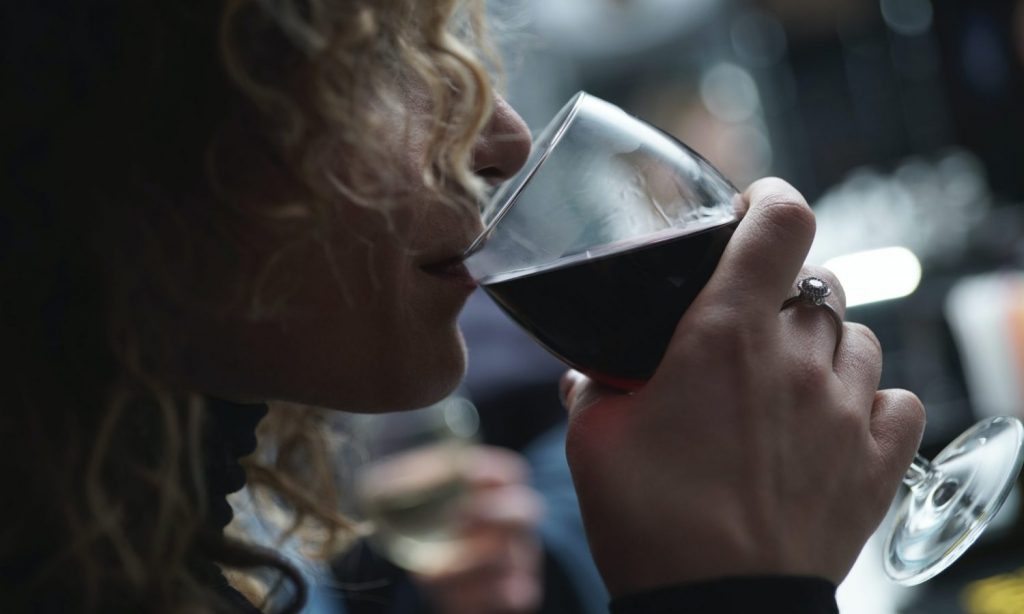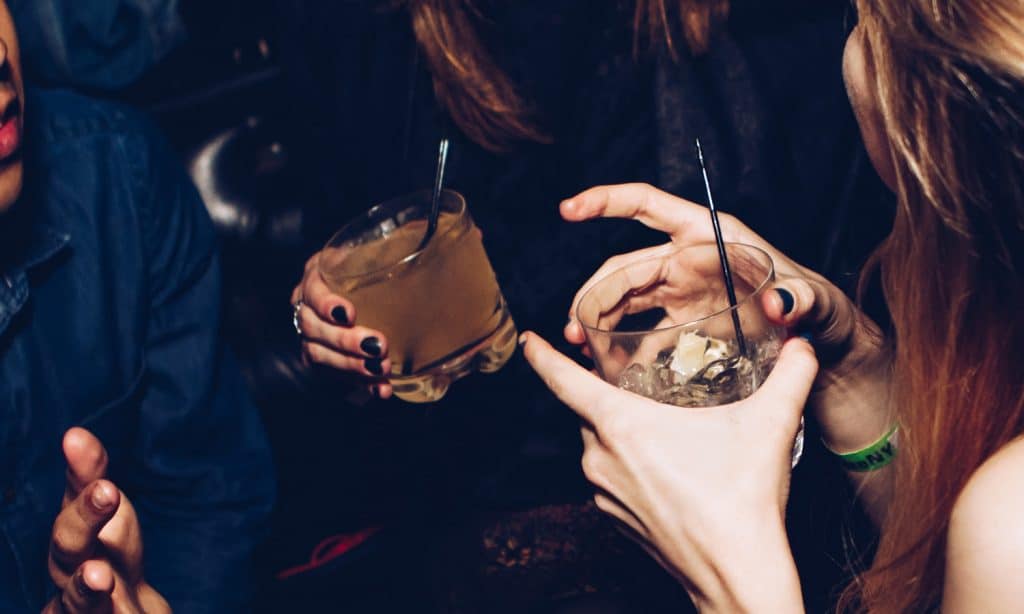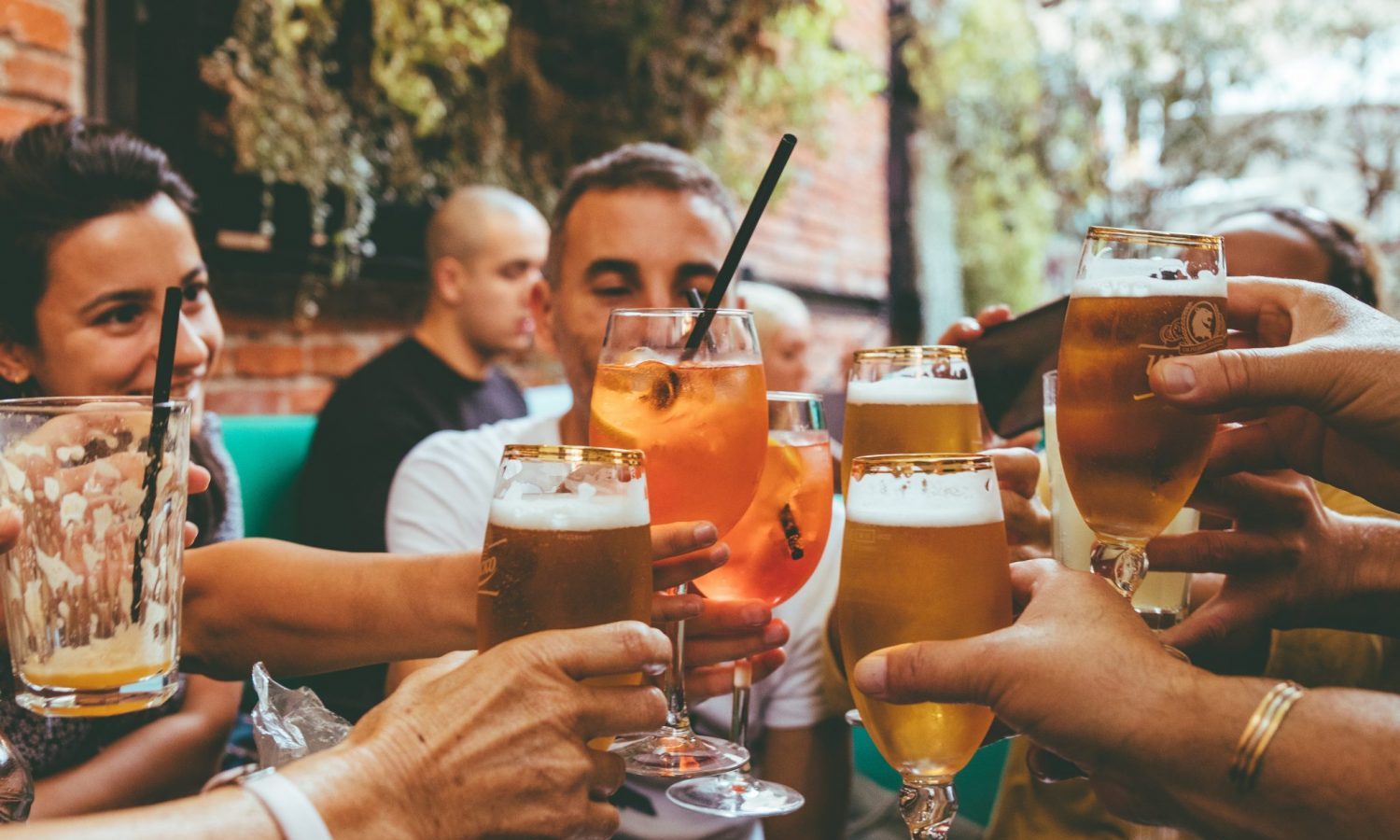The pandemic has affected many things, including our relationship to alcohol. Here’s how to tell if your drinking habits have changed.
One of the first effects of the pandemic was the fact that most people simply started drinking more. Working from home and those first few months of lockdown made it seem like there was no clock, blurring the lines between weekdays and weekend, enabling people to drink more without feeling like there were repercussions.
Alcohol companies capitalized on their power during the pandemic, using our stress to their advantage. When speaking to the New York Times, Elyse Grossman, a policy fellow at Johns Hopkins, said that this behavior is dangerous. “It’s not an ordinary product, like coffee or pencils. It’s the third-leading cause of preventable death in the U.S.”

While a lot of people returned to their normal drinking habits once they got used to the pandemic, others didn’t, and may still experience changes in their drinking habits despite going back to their offices and leading more normal lives.
Here are some cues that can inform you on whether or not your drinking habits have changed. While these changes can be for the better, if you’ve dramatically increased your alcohol intake, it’s important to talk to someone and make some changes if necessary, developing a relationship with alcohol that’s healthy and that works positively for you:
You drink more than you planned to

Whether you’re alone or with others, you might find yourself drinking more than you planned to, or getting drunk without having that intent when the night first started. This could be due to developing these patterns following the pandemic or simply adapting to now hanging out in bars and surrounding yourself with more people. This behavior is particularly difficult to avoid, especially since once you start drinking it becomes more difficult to stop.
RELATED: You Should Monitor Your Wine Intake If You Suffer From This Medical Condition
Some things that can help is limiting the amount of times you put yourself in this situation, having a glass of water after each drink, being mindful of how much you’re drinking and making plans ahead of time, that way you go into the evening with a plan.
Your tolerance levels have changed

Changes in your alcohol tolerance are to be expected if you’ve had more or less alcohol throughout the pandemic. You may find yourself drinking more than you used to and being surrounded by drunk friends while you’re sober. The opposite might also be true; you may have consumed less alcohol over the previous months and now find that your tolerance is lower and you get drunk much more easily.
In order to prevent issues, it helps to make a plan before hand and to avoid driving when you’re going out for drinks. Go out with people you trust and make sure you all have each other’s backs.
You don’t want to drink anymore

RELATED: Drinking This Every Day Can Reduce Your Odds Of Heart Disease
If, following the pandemic, you simply are not into as drinking as you were before, that’s fine, even though it might take a few tries for you and your friends to find social stuff to do that’s still fun for everyone. Consider other social plans you can do together, like working out, watching a movie, or having a meal together. The smaller and more trustworthy the group, the more comfortable you’ll feel with being open and discussing your attitude regarding alcohol use.


